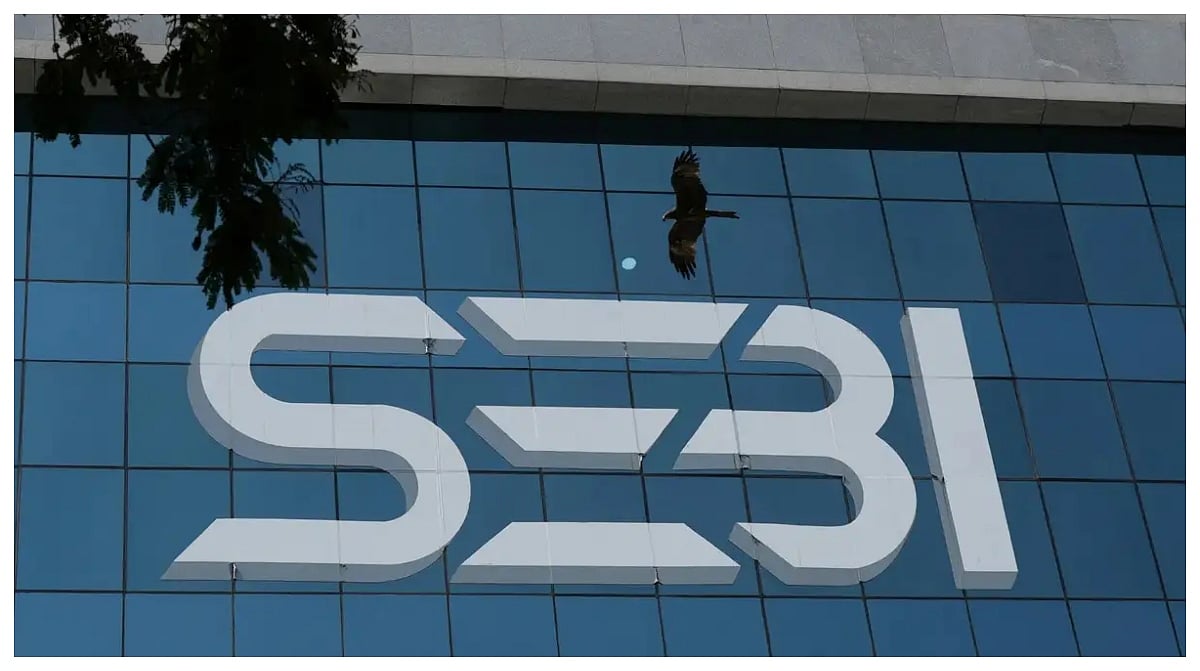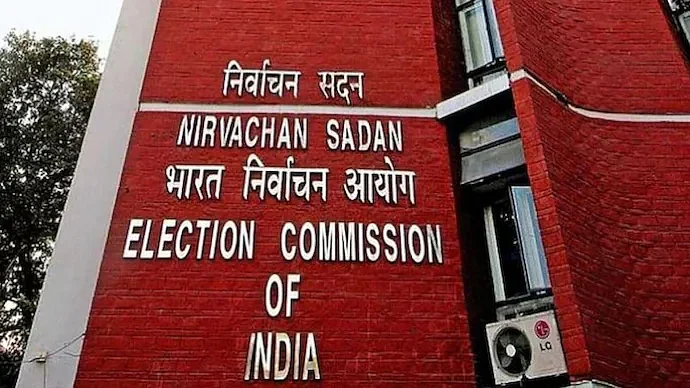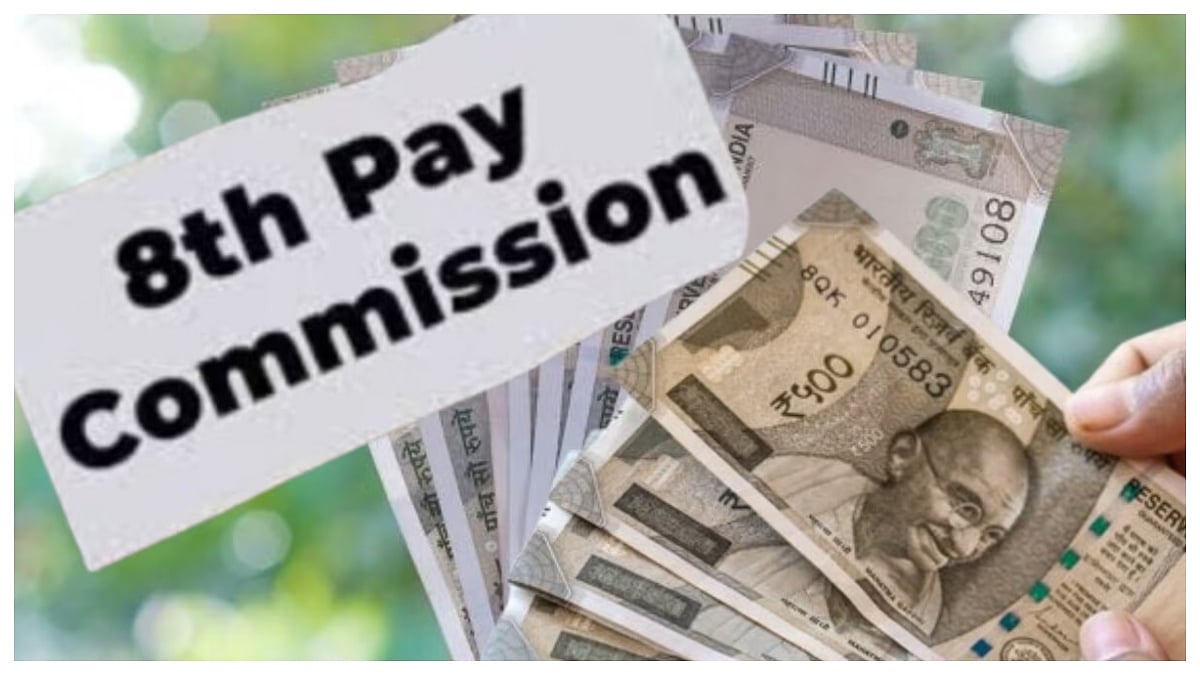Information and data about Electoral Bonds (EBs) which were bought by an array of companies and corporate groups is finally out in the public domain, though not fully, thanks to the hard stance taken by the Supreme Court in the past four weeks after it declared the scheme as “unconstitutional”. The court ordered the State Bank of India, the sole issuing bank of the EBs and the repository of monies collected, to share the relevant details by the end of business hours on March 12 and asked the Election Commission of India to publish the details on its website by March 15. As we know, the SBI attempted to dodge previous deadlines by seeking an extension to share the details on flimsy grounds but the apex court stood firm. The details, though incomplete in that the exact corresponding match of donors and recipient political parties is not yet known, are sufficient to harbour grave concerns about electoral financing, the unfair advantage enjoyed by the ruling Bharatiya Janata Party through the EB scheme, and the troubling nexus between business and politics.
Each of these concerns deserves a comprehensive response from the polity as well as the appropriate institutions, but that may be a long time coming if it ever does. Of the three, the nexus, which lies at the heart of it all, reveals what may be called the pathologies of the relationship between business interests and political power. This relationship cannot be wished away and, as this saga has brought to the fore, has been deepened and made opaque in many cases with the rise of neoliberalism in India. Large businesses and corporates donate to political parties – openly or opaquely, as determined by the prevailing laws – especially during elections not out of the pure goodness of their hearts or driven by the impulse to do charity. Every rupee thus spent, or donated, is an investment in the future nursing hope that the party, when elections catapult it to power, will see them in a benign light with quid pro quo policies or projects.
There is undeniably a political economy at work here, driven by businesses and politics. It follows then that the dominant party will have an unfair advantage over all others in the electoral domain given its best chance at being in power. In the extant case, it has meant that the BJP has cornered nearly half — a disproportionately large amount — of the EBs transacted so far, nearly six times more than the party that got second and third highest donations. The numbers are staggering: from 2017-18 when the EB scheme was introduced to March 2023, the ruling party cashed bonds worth Rs 6,060 crore while the second biggest beneficiary was the Trinamool Congress with Rs.1,609.50 crore (12.6%) and the third was India’s main opposition party, the Congress, which received Rs.1,421 crore (11%). The imbalance is evident and points to the nature of political or electoral financing under the EB scheme which skews the level playing field for parties. The EB scheme was, incidentally, introduced by the then finance minister, the late Arun Jaitley, ostensibly to “cleanse the system” of political funding; its architecture was intended for anything but this.
While political and electoral funding are significantly large issues that lie beyond the scope of the petition, originally filed by the Association for Democratic Reform in 2017 itself and later joined by the NGO Common Cause and Communist Party of India (Marxist), the judicial scrutiny over the last few years has pointed to disturbing trends, to say the least. The details available so far suggest that a few sectors of the economy, primarily infrastructure, dominate the list of purchasers of the EBs which points to a legalized but opaque transformation of the previous licence-raj regime where favours were openly granted to donors. And that there have been numerous instances, as matched by journalists and independent experts, of purchases made within days or weeks of raids by enforcement agencies; in bazaars across India, this system is called extortion. For instance, a corporate that is among India’s largest and well-respected, purchased EBs worth hundreds of crore in less than a month of tax demands of over Rs 1,500 crore. Names, dates of purchases, and coercive action are being matched in other instances; this exercise has revealed a sordidness that must be called by its right term — corrupt practices. In one fell swoop, the EB case has taken the mask off the ruling BJP.









